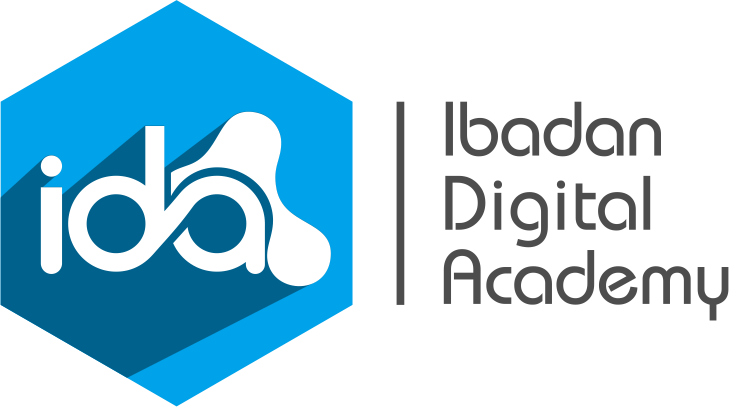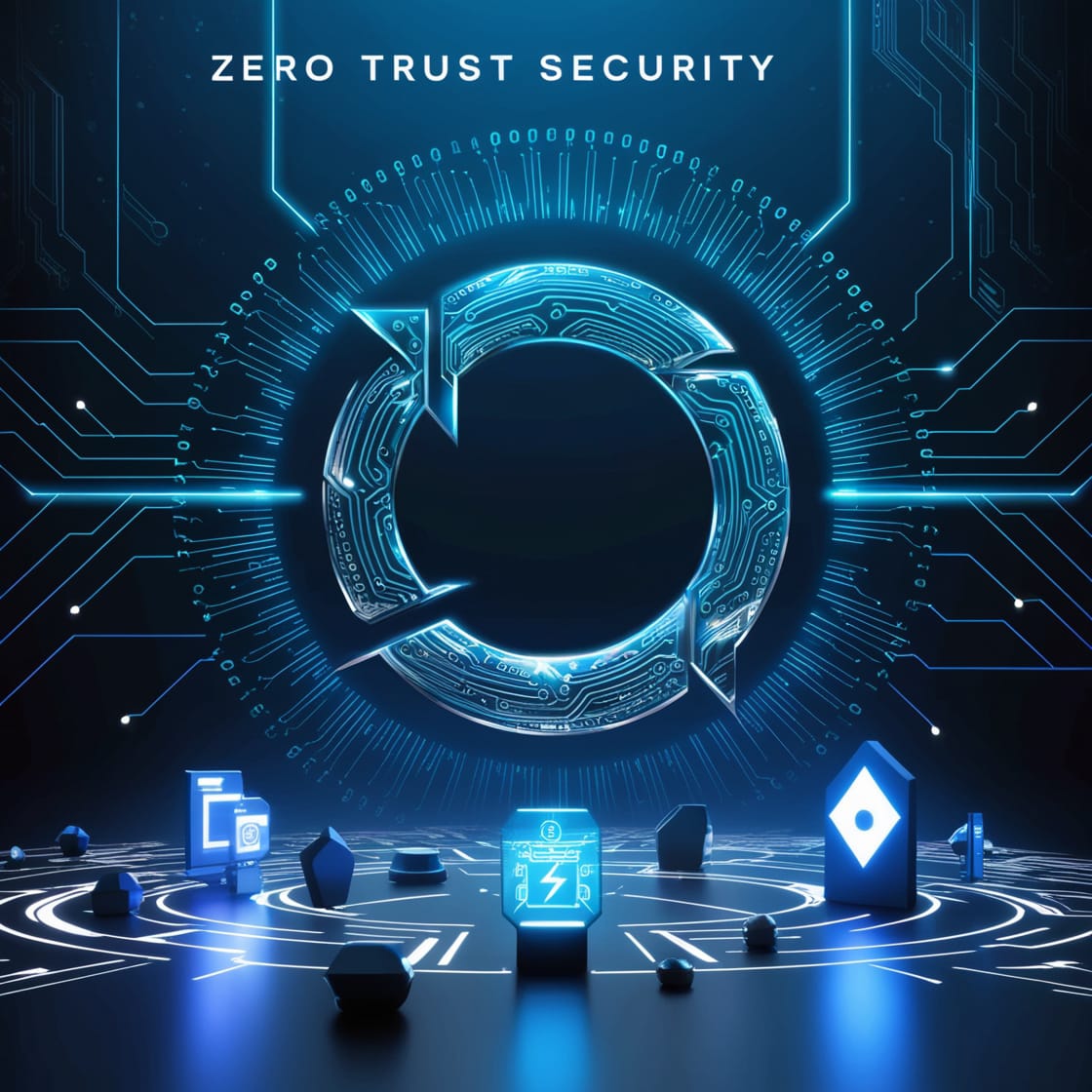As we become more connected in today’s digital world, understanding cybersecurity is more important than ever. One of the biggest threats we face comes from social engineering attacks, which don’t focus on breaking into systems but instead target people’s trust. These attacks use manipulation and deception to trick individuals into giving away sensitive information, making them particularly dangerous.
What is Social Engineering?
Social engineering is a type of cyber attack that plays on human emotions and psychology. Instead of trying to hack into a computer system, cybercriminals use tactics like pretending to be someone trustworthy to gain access to confidential information. Common methods include phishing emails (which look like they come from a legitimate source), baiting (offering something tempting to get you to give up personal data), and pretexting (creating a fake story to trick you into sharing information).
The Rise of Social Engineering in Nigeria and Africa
In Nigeria and across Africa, the increasing use of the internet has opened up many new opportunities for growth. However, it has also made people and businesses more vulnerable to cyber threats. Social engineering attacks, like phishing scams and impersonation, are on the rise. Attackers often pose as trusted sources, such as banks or government agencies, to trick people into revealing sensitive information. This highlights the urgent need for greater awareness and education about cybersecurity.
How to Protect Yourself and Your Business
Here are some simple steps you can take to defend against social engineering attacks:
Educate and Train Employees: Make sure employees know about different types of social engineering attacks, like phishing emails or fake phone calls. Regular training sessions can help them recognize the signs of a potential attack.
Use Multi-Factor Authentication (MFA): MFA adds an extra layer of security by requiring more than just a password to access sensitive accounts. Even if a password gets stolen, MFA can prevent unauthorized access.
Create Clear Security Policies: Set clear rules for handling sensitive information and responding to threats. Make sure everyone in your organization understands and follows these guidelines.
Regularly Audit Your Security: Conduct regular checks to find and fix any security weaknesses. This way, you can stay ahead of potential threats.
Encourage Caution: Foster a workplace where employees feel comfortable questioning any unusual requests for sensitive data, even if they appear to come from within the organization.
Why Cybersecurity Matters
Cybersecurity is essential not only for preventing losses but also for ensuring that technology continues to drive innovation safely. By learning about the risks posed by social engineering and taking steps to mitigate them, both individuals and businesses can protect their data and maintain trust in the digital world. Being proactive about cybersecurity will help create a more secure and sustainable digital future for all.




















Odeyale Henriette Iyabo
“This article brilliantly demystifies the National Skills Qualification (NSQ) and its pivotal role in enhancing employability in Nigeria. It’s inspiring to see how NSQ accommodates diverse learning paths, be it formal education, apprenticeships, or self-taught skills, making certification accessible to all. Kudos to Ibadan Digital Academy for championing such transformative initiatives that bridge the skills gap and empower individuals across various sectors. Truly, a commendable stride towards national development!”